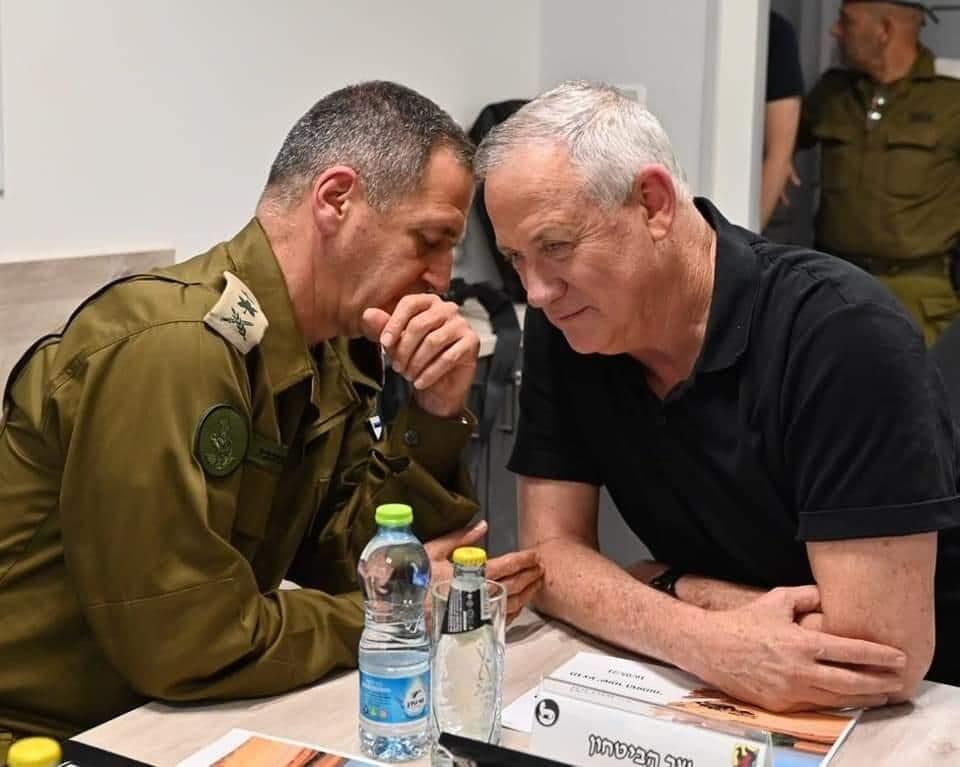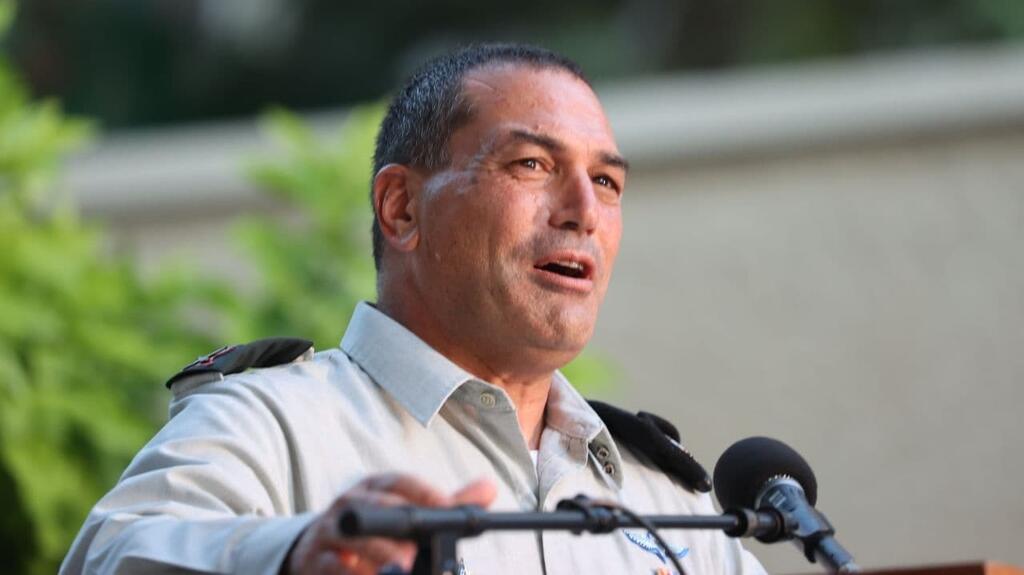Getting your Trinity Audio player ready...
The IDF's outgoing deputy chief of staff, Maj. Gen. Eyal Zamir, this week issued a warning that should keep every Israeli up at night.
Speaking at the handover ceremony for his replacement on Monday, Zamir raised the issue of the IDF’s relatively small number of soldiers and reservists compared to the threats facing Israel.
“We may face a heavy, long, multi-frontal campaign, combined with internal challenges,” said Zamir. “This requires decision-making ability, breathing space and a strong reserve."
Zamir cited the 11-day May conflict with Gaza’s terrorist factions as an example, during which the IDF had had to manage a presence on several fronts, including the Lebanese border where it must counteract the Hezbollah terrorist organization.
“In my opinion, the IDF is on the verge of the minimum size needed to face more complex threats than those we have experienced in recent years,” Zamir said.
“Along with advanced technological capabilities, Israel also needs a critical mass of people to improve the IDF’s overall quality and quantity.”
3 View gallery


IDF Chief of Staff Aviv Kochavi and Defense Minister Benny Gantz
(Photo: Defense Ministry)
One way of fixing the problem is by convincing IDF Chief of Staff Aviv Kochavi to rely less on technological advancements and more on the quantitative manpower needed to fight a multifaceted war, including in the Home Front.
The chief of staff, on his part, believes that a division with sufficient technological means can achieve much more than before.
And while it may be true, many in the military think Israel has reached the threshold of what current technological advancements in the military can achieve.
3 View gallery


Israel's Iron Dome missile defense system activates in the south as rockets are fired from northern Gaza during the May 2021 conflict
(Photo: AFP)
The outgoing deputy chief of staff also referenced several other issues dealing with the IDF's human capital in his speech, including the military's classification process, which Zamir admits often excludes youths from the periphery from serving in the IDF’s more technologically inclined units, such as the renowned 8200 intelligence gathering unit.
The claims regarding the IDF's technological limitations were further accentuated by the 11-day May conflict, which served to show Israel that it doesn't have the luxury of relying solely on technology when simultaneously facing rocket salvos aimed at its civilian population, Hamas in Gaza, the Palestinians in the West Bank, and riots by Israeli Arabs inside the country.
Another solution was proposed by outgoing head of the IDF’s Operations Division, Maj. Gen. Aharon Haliva, who suggested the establishment of a National Guard composed of reservists to assist the police and operate under its authority.
Zamir’s statements should worry every Israeli, who must now demand a solution from Prime Minister Naftali Bennett and Defense Minister Benny Gantz - who themselves inherited the issue from former prime minister Benjamin Netanyahu, whose policies during his 12-year rule enabled the sizable reduction of IDF troops.


